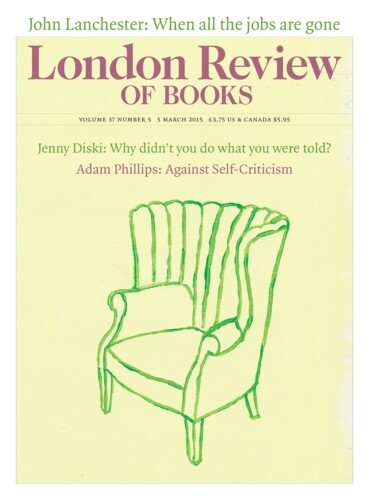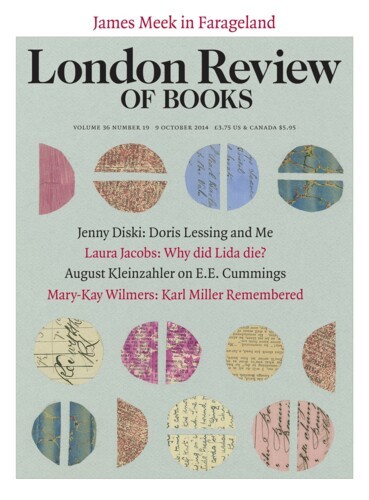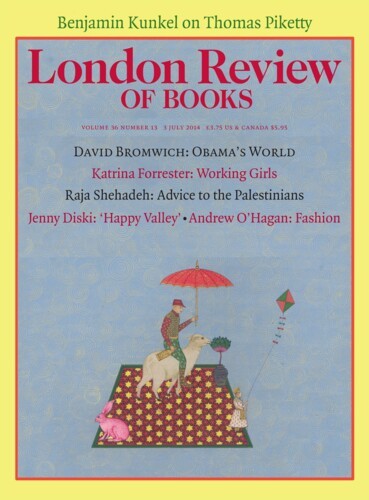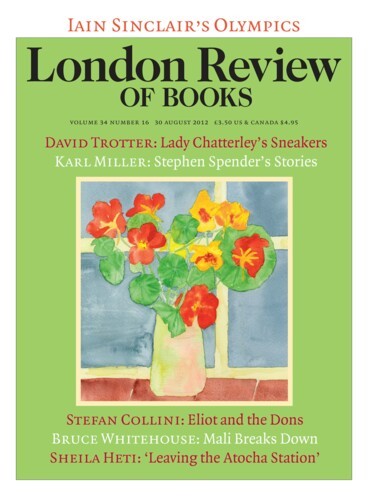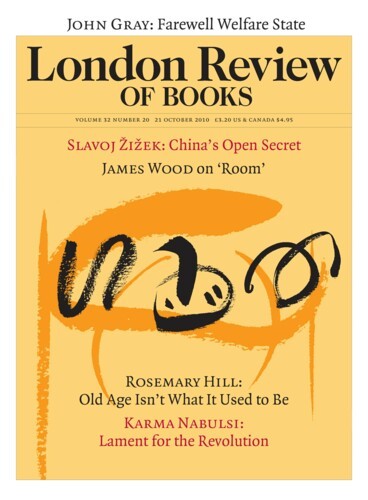‘His eyes were literally on fire’: Fu Manchu
David Trotter, 5 March 2015
On 14 March 2011, China’s legislature, the National People’s Congress, endorsed a Five-Year Plan incorporating a firm commitment to enhance the nation’s capacity for innovative research in science and technology. In the United States, this commitment was interpreted as a green light for no-holds-barred military and industrial espionage. Cyber-warfare became one of the...
